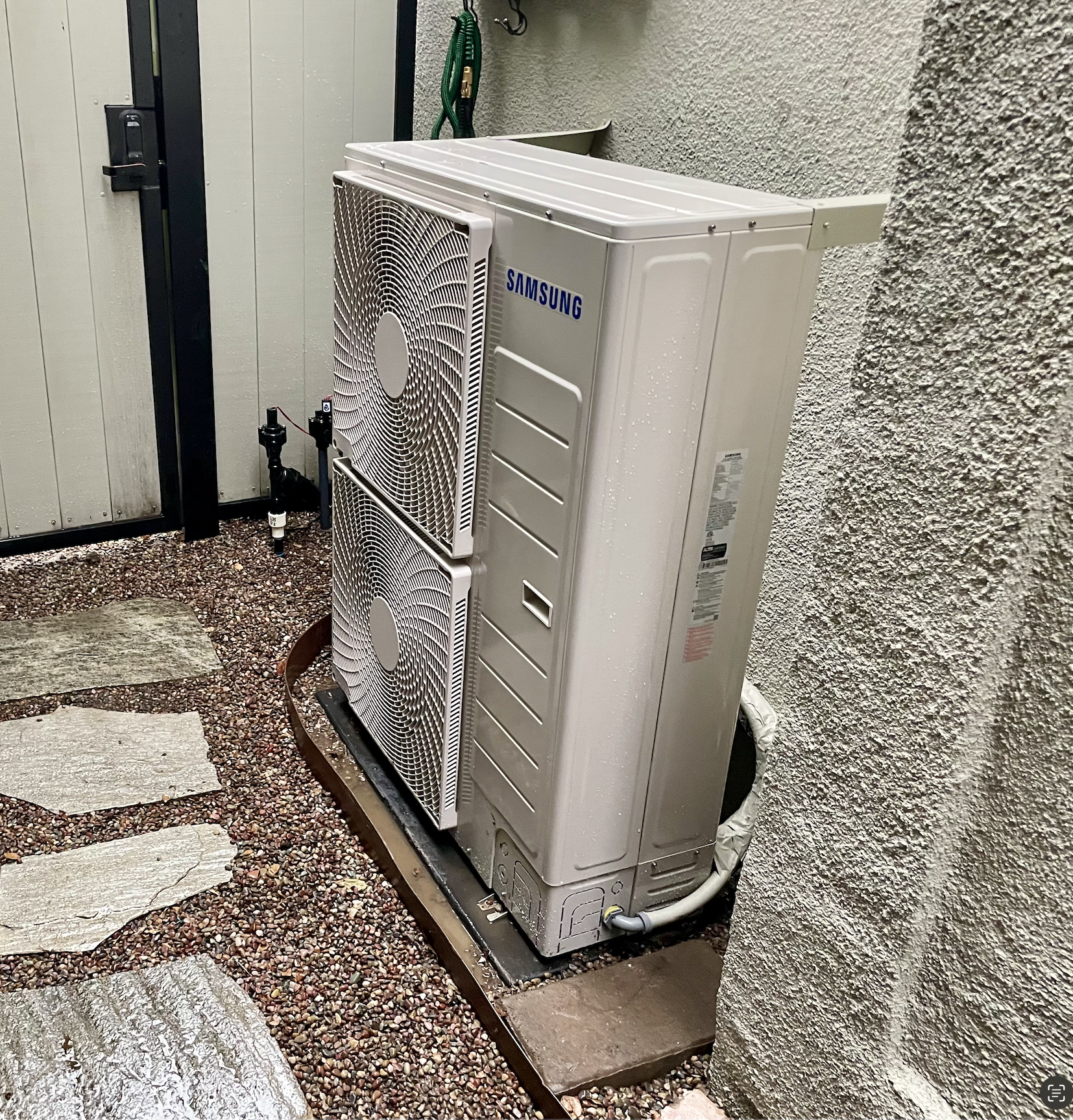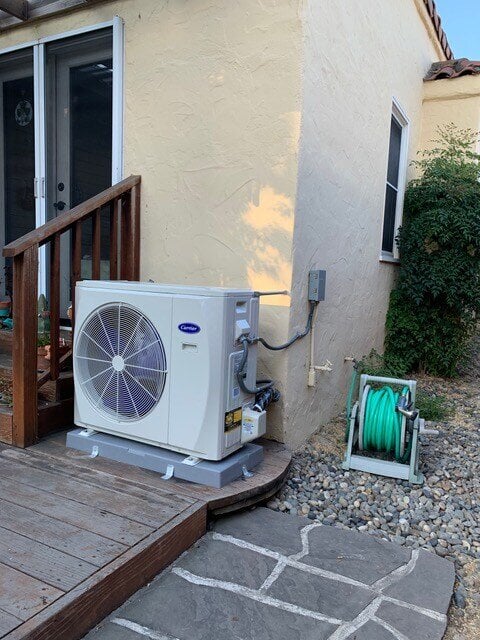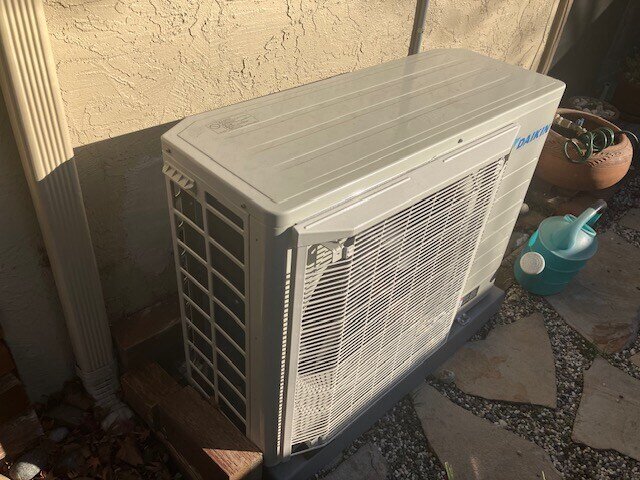Beyond Humidity: The Multifaceted Benefits of Air-Source Heat Pumps
A recent report from the National Renewable Energy Laboratory reveals that switching to a heat pump could lower energy bills for most Americans.
Air-source heat pumps are highly efficient which makes them not only cost effective but also more sustainable than fossil fuel furnaces and inefficient air conditioners. They produce a comfortable temperature for heating your space and keep homes cool in summer, while at the same time reducing condensation and regulating humidity.
However, with versatile multi-room options, easy maintenance to optimize performance and government subsidies to help with installation costs, the many benefits of air-source heat pumps reach far beyond simply controlling the climate of your home.

Easy and Regular Maintenance Ensures Optimal Performance
While value for money is an important factor for consumers when it comes to choosing a new all in one HVAC system, over 80% prioritized benefits other than cost. With an air-source heat pump, there are plenty of other advantages to choose from and these include being simple to look after.
Since the same components and processes are used for both cooling and heating, once they are installed, air-source heat pumps are one of the easiest HVAC systems to maintain.
To keep the system running smoothly, experts recommend a professional service at least once a year in order to help ensure optimal performance and long-term energy savings.
High Efficiency Contributes to a Reduction in Carbon Footprint
With a minimal carbon footprint, heat pumps are a greener choice for householders. Since the heat they provide is transferred rather than generated, air-source heat pumps produce fewer emissions of greenhouse gasses when compared to other conventional fossil fuel systems.
Their sustainability is also largely due to their efficiency rates of between 300% to 400% and even higher, which means their output is three to four times more than the amount of energy they use in electricity.
Versatile Multi-Room Systems Offer Comfort and Control
Air-source heat pumps are very versatile as they can heat or cool a number of rooms at the same time. Multi-zone systems can connect multiple indoor heads to one outdoor condenser, allowing for individual zone temperature control.
The preferred temperature for each area of the home can be regulated with zoning settings that suit how different spaces are used.. Separate indoor units maintain set temperatures for designated rooms and spaces providing comfort and control throughout the home without compromising on energy efficiency and reduced running costs.
Dry Mode Reduces Humidity and Condensation
In dehumidifying a home, heat pumps are more effective than conventional air conditions as the moisture is automatically reduced. This results in less energy usage and better cooling in the summer. During the winter heat pumps also circulate warm air which can reduce condensation through the absorption of excess moisture.
New heat pumps may also come with the added benefit of a “dry mode” which can be activated to switch between heating and cooling to maintain a comfortable temperature while removing excess moisture from the air.
Installation Subsidies Helps Households Enjoy Reduced Running Costs
Air-source heat pumps are highly energy efficient and are more cost effective than a conventional gas or electric furnace, especially in regions where electricity rates are lower. In general, they are more expensive to fit but, because they are cheaper to run, installation costs are covered in the longer-term by the savings made on energy bills.
While air-source heat pumps could be cost effective in almost 60% of households, even without access to funding, they may be eligible to receive funding for energy-efficiency upgrades. These come in the form of federal tax credits, as long as the heat pump meets the minimum efficiency levels required.
Conclusion
An increasing number of households in the US are choosing to install air-source heat pumps to regulate the temperature, humidity levels and air quality of their homes. As well as being a greener source of energy that helps to lower a household’s carbon footprint, the efficiency of heat pumps ensures they are also highly cost effective, versatile to control and easy to maintain.



